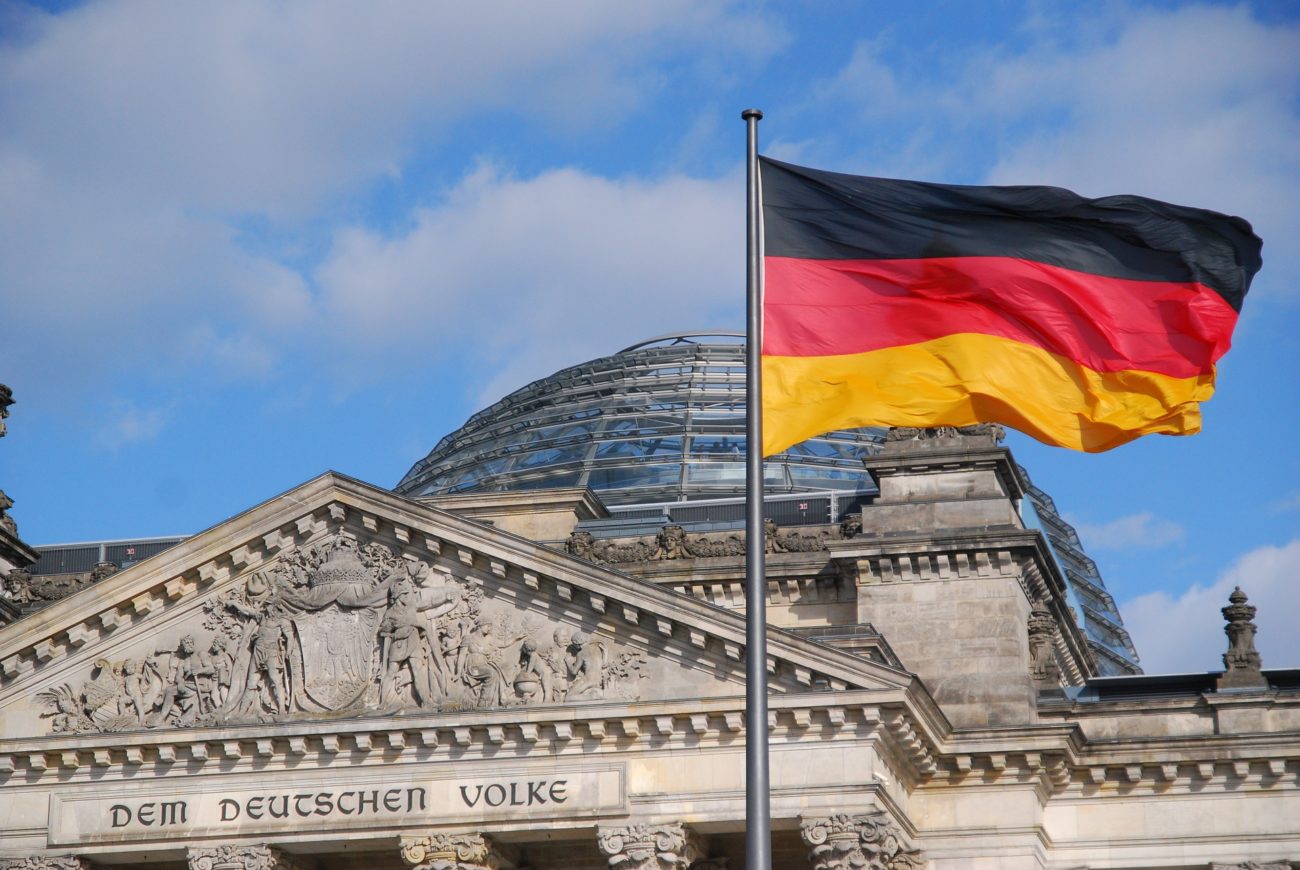DSWV: Black market boom requires “urgent” solution

The body reported that sports betting stakes suffered a 13% year-on-year decline from €9.2bn to €8.4bn, despite the year featuring the massive betting event of the World Cup.
The €433m in sports betting tax revenue the government received was 7.9% below 2021’s total of €470m.
The DSWV characterised this trend as the result of the growth of illegal offerings, which in turn resulted from Germany’s regulatory regime..

“Unfortunately, in 2022, exactly the scenario that we have repeatedly warned about happened,” said Mathias Dahms, president of the DSWV. “The legal market has to assert itself against the countless black market providers who do not comply with any guidelines or rules.
“For most customers, whether a provider has a licence from Germany is of secondary importance. You are looking for the widest offer, the best odds, easy payment processes and interesting bonuses. The legal offers have a difficult time there.”
Rise of illegal gambling
In February, the lobbying organisation conducted a market study which found a 65% increase in active illegal gambling offers. From the 1,500 sites without a licence that the body checked, German consumers were able to access 840, and open an account on 723.
In comparison, there are only 46 licensed providers in Germany, of which 31 offer sports betting. The DSWV argued that these legal entities often have little room to manoeuvre, due to excessive regulation – and therefore often find it challenging to compete with black market sites.
“Even in the field of betting shops, there are still too many unauthorised betting opportunities,” said the trade body. “Some providers whose licence applications were rejected are still active online and locally with betting shops. Here, too, the local authorities must strengthen controls and take action.”
The DSWV also argued that the newly empowered German regulator, Gemeinsamen Glücksspielbehörde der Länder (GGL) is “clearly reaching their limits when it comes to combatting the black market.”
The body referenced a raft of recent court decisions that have hampered the GGL’s ability to impose IP blocking orders, which the DSWV said, “should give [the GGL] reason to focus on alternative approaches in the fight against illegal offerings”.
“This includes in particular the consistent strengthening of the legal market. In order to be competitive, the legal sports betting providers need the most attractive and wide range possible. The extremely strict restrictions on offers and advertising urgently need to be put to the test.”
Advertising restrictions
DSWV general manager, Luka Andric, said that advertising serves to channel those interested in sports betting to licensed entities, rather than the black market.
“In order to get a sports betting licence in Germany, providers have to meet numerous player protection criteria,” he said. “The illegal providers from third countries do not care at all about the German regulations.
“Many even specifically advertise on the internet, where banned players can also play. This type of advertising must be stopped urgently, and the advertising opportunities of legal providers must be strengthened.”
